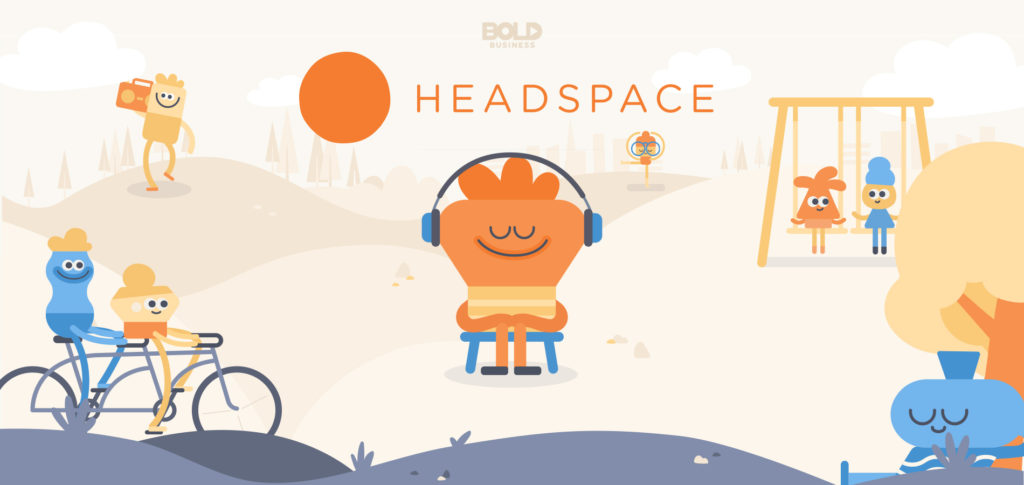
Teenage Years
One of the most important life skills for teenagers is self-regulation. This is the ability to monitor and manage emotions, thoughts, behaviours and energy level in positive ways.
As children become teenagers they go through a lot of changes. Puberty starts around 8-14 years of age and comes with a whole host of adjustments for parents/guardians to navigate with their child – biological, emotional and social.
Teenagers start to become more independent, they try out new things as they form the next state of their identity, they may take risks as they try new experiences.
These changes can make teenagers feel uncertain, questioning if they are ‘normal’, react in unexpected ways or may feel isolated.
So, what are some things that parents/guardians can do to help your teenager navigate through this?
- Talk to your child about puberty:
“It’s best not to have “The Talk” as one grand summit but rather as a series of talks, ideally beginning when your child is young and starting to ask questions about body parts. Each time you talk, offer more and more detail, depending upon your child’s maturity level and interest in the topic.” – https://kidshealth.org/en/parents/understanding-puberty.html
- Build upon your relationship with your child: as your child changes, the relationship needs they have with you will change. “You have a big role to play in helping your child develop grown-up emotions and social skills. Strong relationships with family and friends are vital for your child’s healthy social and emotional development.” – https://raisingchildren.net.au/pre-teens/development/social-emotional-development/social-emotional-changes-9-15-years
- Demonstrate positive self-regulation and respectful relationships.
- For any questions or concerns around parenting or raising children, call Parentline on 13 22 89.
You are your child’s more influential role model. They watch and learn from you how to react, deal with conflict, have hard discussions and respond to mentally challenging situations. Share your positive strategies with your child.
What are some things that students can do?

- Talk to a trusted adult if you are unsure of something or feel like something is wrong.
- Reach out to external support groups or visit their website:
- Headspace – 1800 650 890 – https://headspace.org.au/
- Kids Helpline – 1800 55 1800 – https://kidshelpline.com.au/teens
- Practice, practice, practice self-regulation and good mental health.
Elevation Secondary College is here to help with the journey. At school, we discuss with students self-regulation, recognising emotions and strategies to use to return to calm. To be present, centered and grounded. We take the time to talk to students through conflicting situations, give opportunities to develop social skills and provide support. We are clear in our expectations of students through the SWBP matrix, and help them identify where they are using the self-regulation scale.
Working together – students, parents/guardians and school staff – we can build a community of strong, resilient and self-regulating young adults.